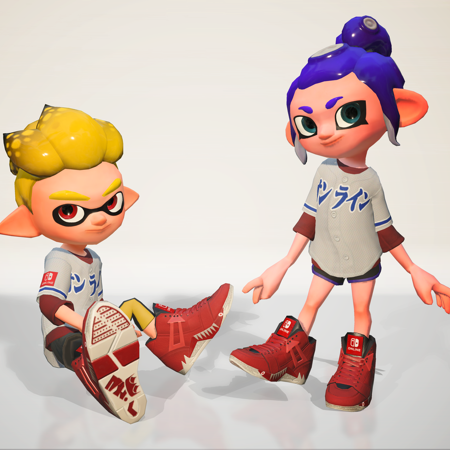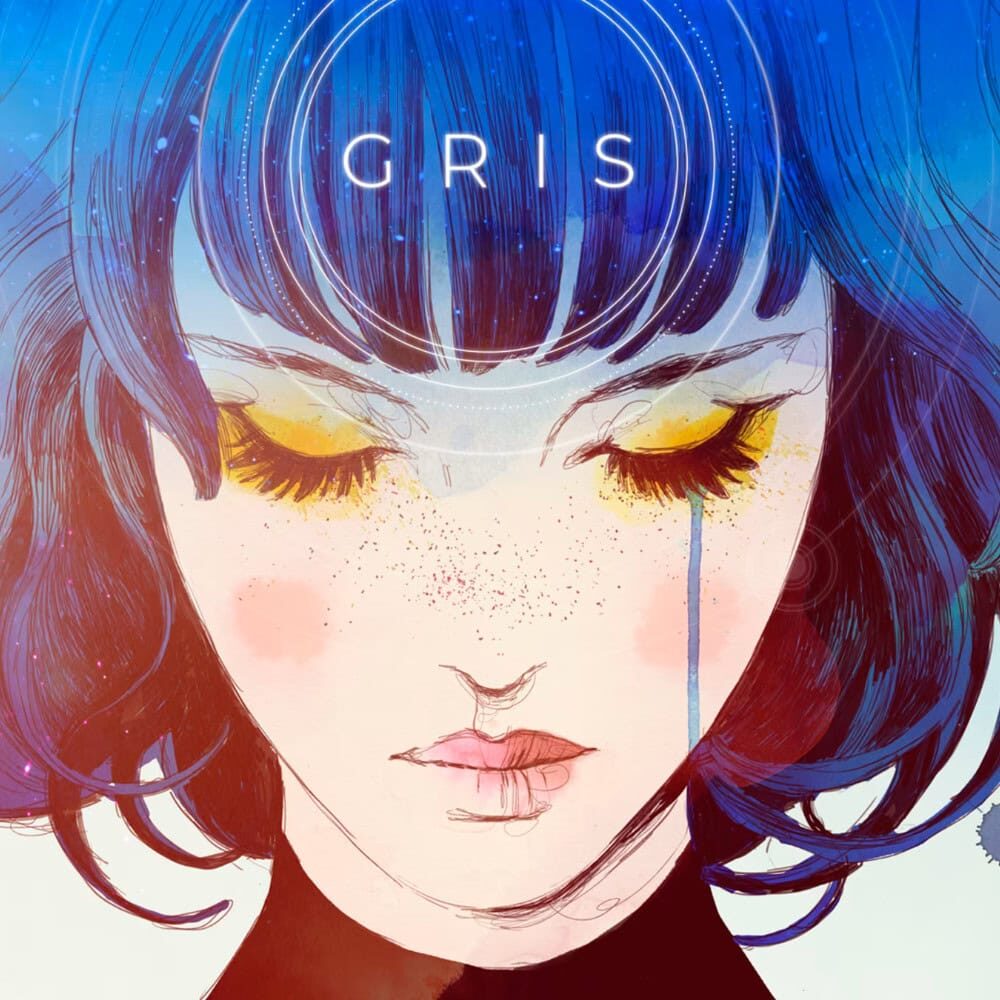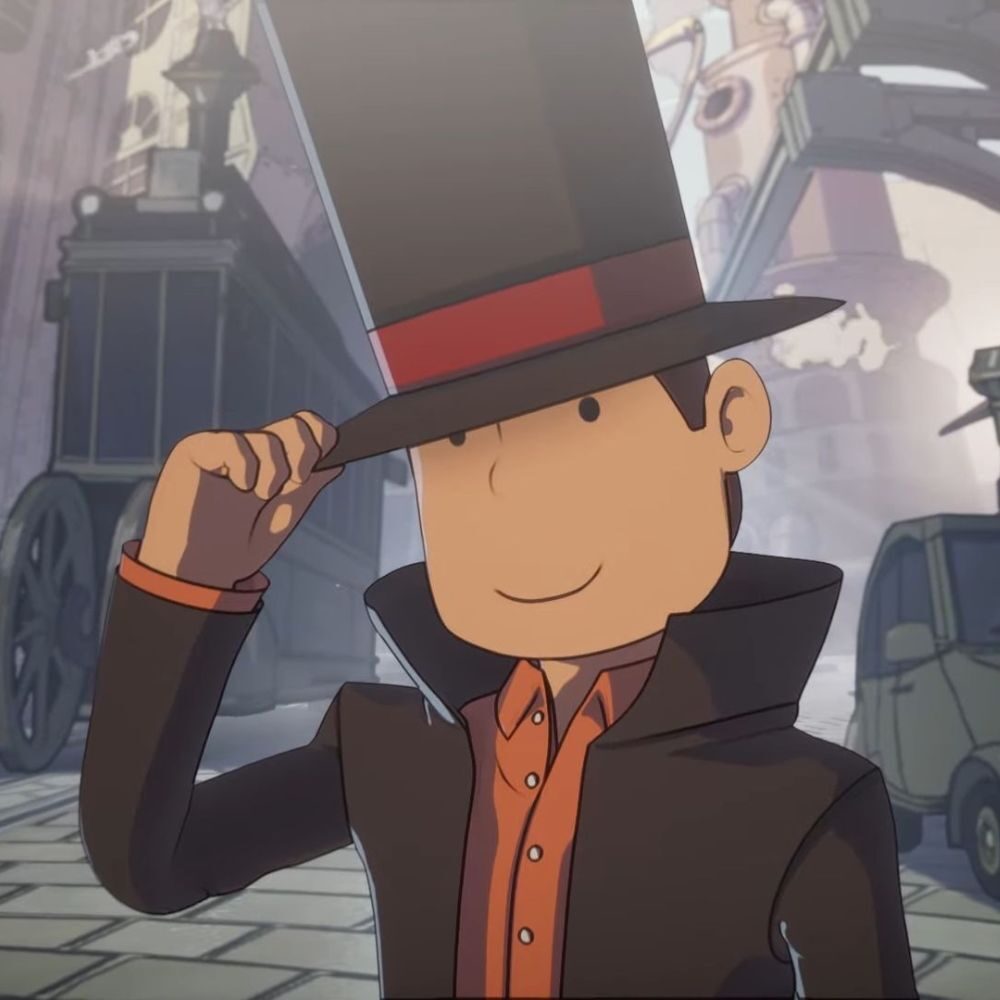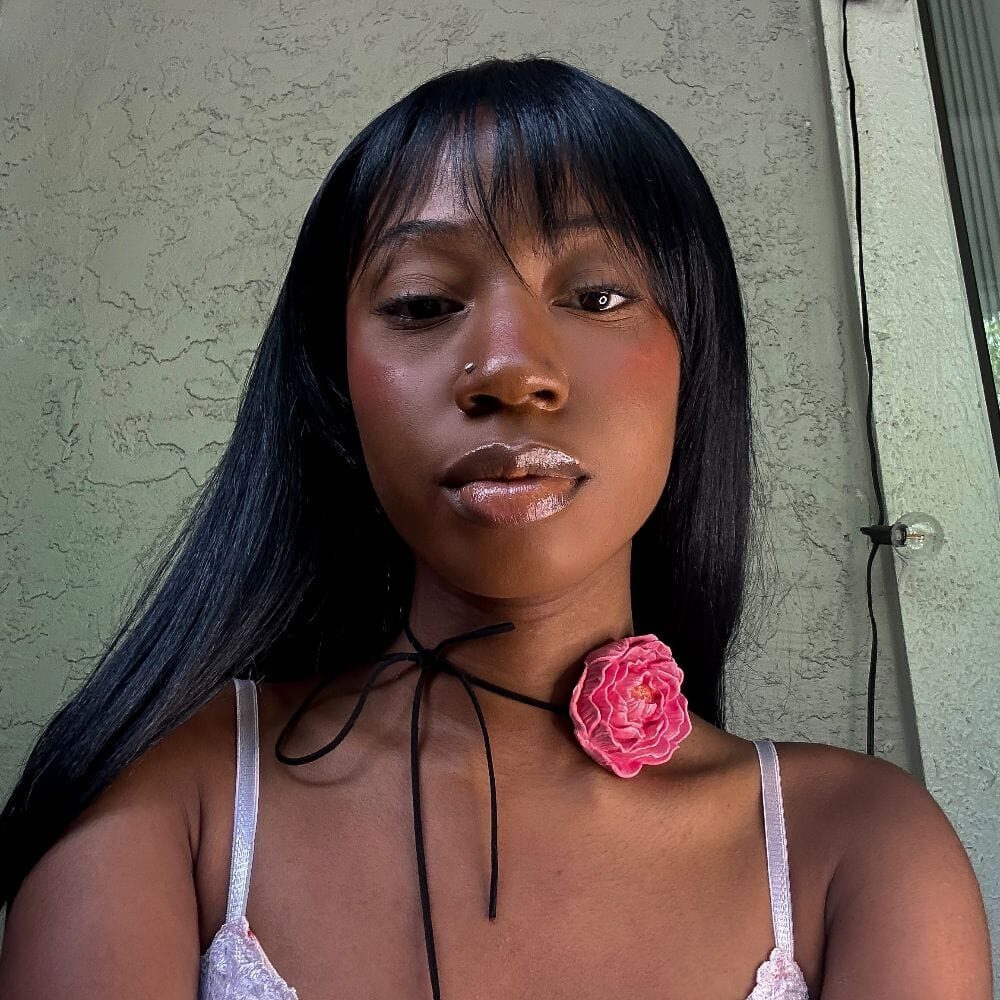
At what point did Social Media become your portfolio?
From TikTok talent to Instagram aesthetics, how social media’s evolution turned personal profiles into powerful professional portfolios.
Scrolling through countless clips of content, culture, and collections led us to not just documenting every second of our lives, but also our working lives. The evolution of social media has undeniably transformed the way we present ourselves to the world, blurring the line between personal and professional identity. One platform that exemplifies this shift is TikTok, where content creation has transcended its initial purpose to become a viable route to employment.
In the past, landing a job often relied on a traditional portfolio, showcasing one’s best work in a carefully curated collection. However, as the digital landscape evolved, so did the means of self-presentation. TikTok, once a hub for short, entertaining videos, gradually became a launchpad for individuals to display their talents, creativity, and personality. The brevity of these clips forced users to distil their skills into bite-sized portions, demonstrating adaptability and capturing attention in mere seconds.
Surprisingly, this format began to resonate with employers. Companies recognised that an engaging TikTok presence indicated a potential employee’s ability to communicate effectively, tailor content for specific audiences, and stay attuned to trending topics. As a result, a new kind of validation emerged, with job applicants being evaluated not solely on their resumes, but also on their follower counts and viral hits.
This transition, however, hasn’t been without its criticisms. The very nature of social media’s fast-paced environment has led to a surge of casual content creators eager to monetize their platforms. With the allure of quick earnings, many individuals with fewer than 10,000 followers find themselves mindlessly promoting products without genuine engagement. This commodification of content risks overshadowing authenticity and diluting the value of the creative process.
Yet, beyond the realm of casual creators, Instagram stands as a striking example of social media’s transformation into a professional portfolio. Artists, designers, and creatives of various kinds have turned their Instagram grids into visual narratives of their skills and aesthetics. The platform’s visual-centric nature enables these individuals to showcase their work comprehensively, providing viewers with a holistic understanding of their style and capabilities.
In a paradoxical twist, some job opportunities now exclusively consider candidates based on their social media presence. This can be seen as both an exciting opportunity and a concerning limitation. While it opens doors for those who might not have had access to traditional avenues, it also challenges the concept of meritocracy, potentially favouring individuals with strong online personas over those with genuine expertise.
As we reflect on the intersection of social media and professional life, it’s clear that we’re navigating uncharted territory. The concept of a portfolio has expanded beyond the confines of a leather-bound collection of papers to encompass the digital footprint we leave behind. It is incumbent upon us to strike a balance between embracing this evolution and safeguarding the principles of authenticity, skill, and fairness. Only then can we harness the true potential of social media as a portfolio, without sacrificing the values that underpin meaningful professional connections.
Enjoyed this story? Support independent gaming and online news by purchasing the latest issue of G.URL. Unlock exclusive content, interviews, and features that celebrate feminine creatives. Get your copy of the physical or digital magazine today!










